As an aspiring exporter you may consider your company and products to be export ready. You may have done sufficient market and marketing research to identify your target markets and select your marketing mix for each market, and you may even have started receiving inquiries. To keep the ball rolling, you now need to become acquainted with the essentials of export administration.
Export administration presents a number of unique challenges. Firstly, it is fluid, in other words, the requirements, documents and role players involved change depending on the market concerned and changes to national regulations that take place from time to time. Secondly, it involves interaction with numerous different parties, which at the outset can be intimidating. To help you better understand the process, we’ll start by introducing you to some of the parties involved.

Typical Parties Involved in an Export Administration Transaction
The most important parties are the importer and the exporter.
The importer is the foreign buyer who has placed an order with the exporting (i.e. your) company.
The exporter, on the other hand, is the entity that is supplying the goods to the importer. The exporter may or may not be the producer/manufacturer of the products.
The importer and exporter usually interact with a number of organisations who provide a variety of services, ranging from finding suitable foreign buyers to expediting delivery of cargo goods, and facilitating payment. The importer and exporter also have to deal with a number of statutory bodies whose role is to enforce national export and import regulations.
Statutory bodies involved in export administration could include: An export controlling authority (which could be any of a number of governmental departments) which controls the export of strategic or life/environmentally-threatening products through the issuing of export permits and certificates.
An import licensing authority based in the importer’s country which typically implements import controls by issuing import licences.
Customs officials whose mandate is to clear goods for export in the country of export and clear goods for import in the country of import, as well as to collect information for the compilation of trade statistics on global trade. They also monitor adherence to specific regulations, such as foreign exchange controls.
Trade service providers involved in export administration include;
Sales agents who promote and sell the exporters’ products in the foreign market and are typically paid commission.
Credit Insurers who insure the exporter against the risk of non-payment associated with all consignments consigned to the importer’s country.
Marine/Cargo Insurers who insure cargo against the risk of loss or damage during transit.
Chambers of Commerce which provide various types of export assistance such as the conduct of selling missions and the issuing of standard certificates of origin.
Forwarding and clearing agents which facilitate transport and customs clearance of the products prior to their export from the seller’s country and at the time of their arrival in the buyer’s country. Many also provide additional services such as warehousing and cargo insurance.

In this article, we have touched on some of the role players involved in a typical export administration process. There are, however, many more role players involved which play a pivotal role in export administration and implementation of trade agreements. To ensure you understand all the essentials of export administration, Trade Forward Southern Africa, in collaboration with the International Trade Institute of Southern Africa (ITRISA), has created a free and comprehensive online training course that covers various export administration participants and features, for example, forwarding and clearing agents and customs duties. Click the links below to sign up for free and get started.
To sign up to the School of Export CLICK HERE.
If you already have a profile, CLICK HERE to login to begin the module.
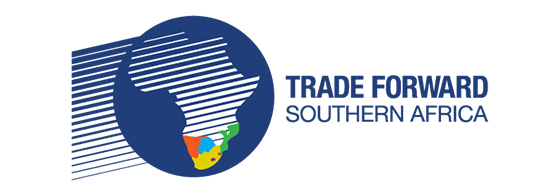
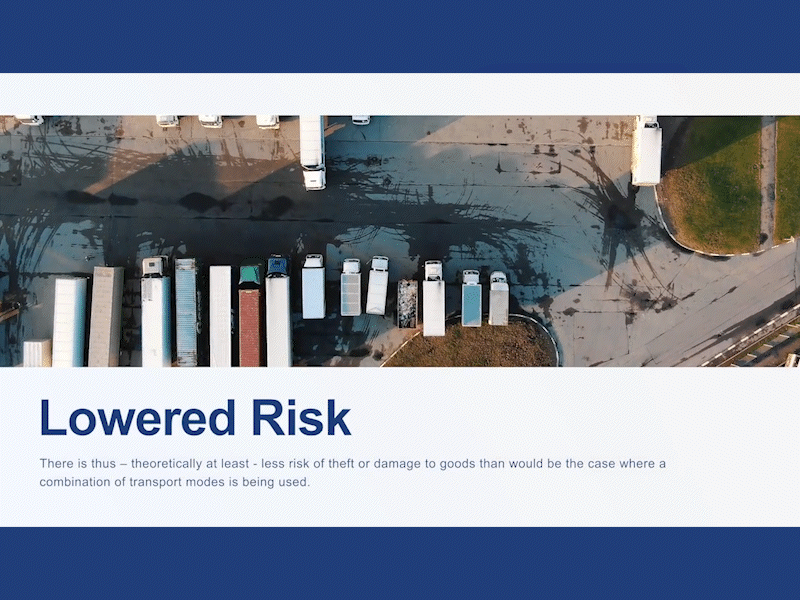
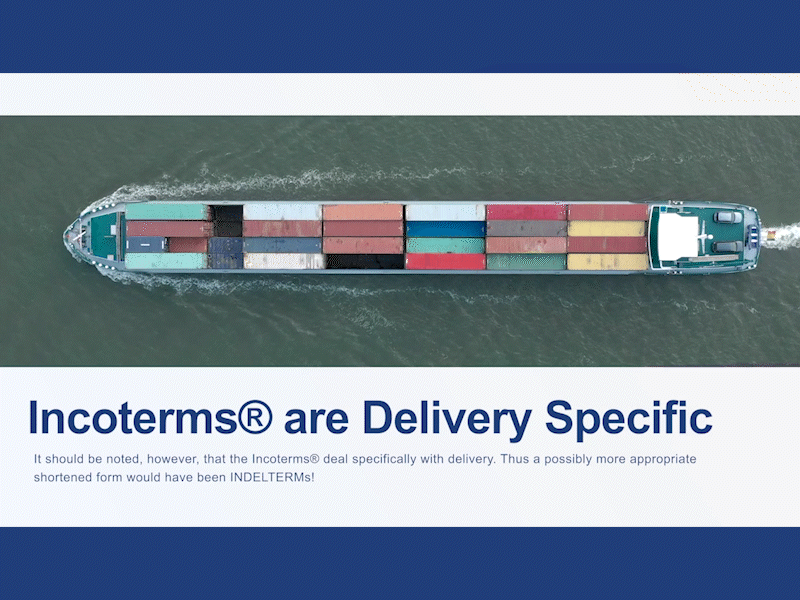
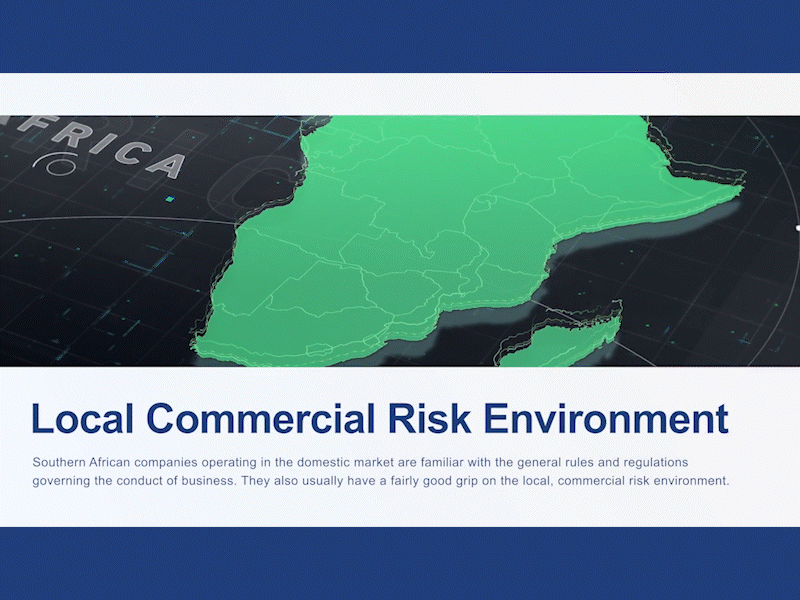
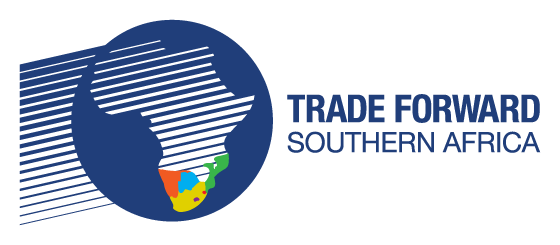





Thank you for this article, I found the information very helpful.